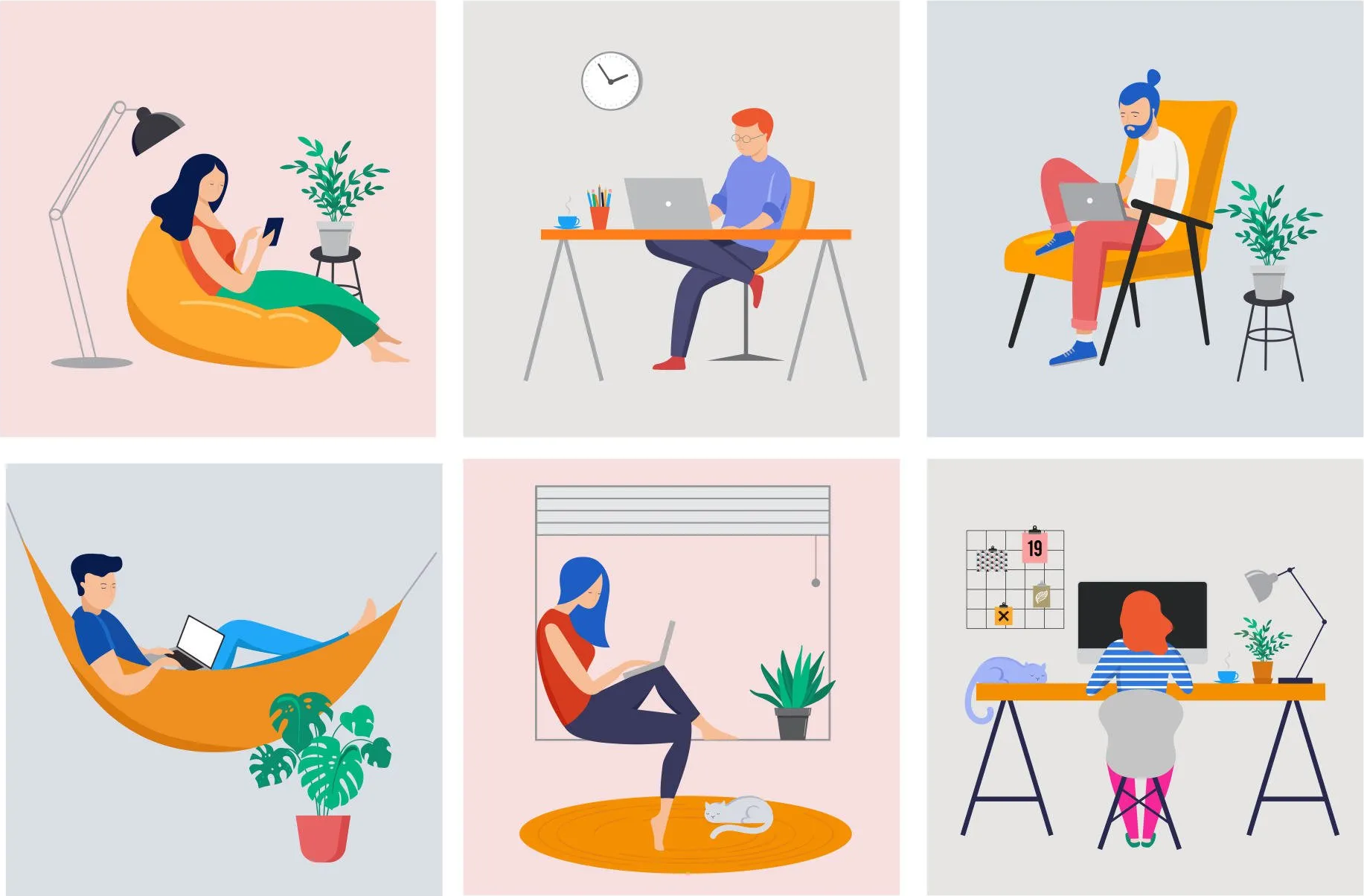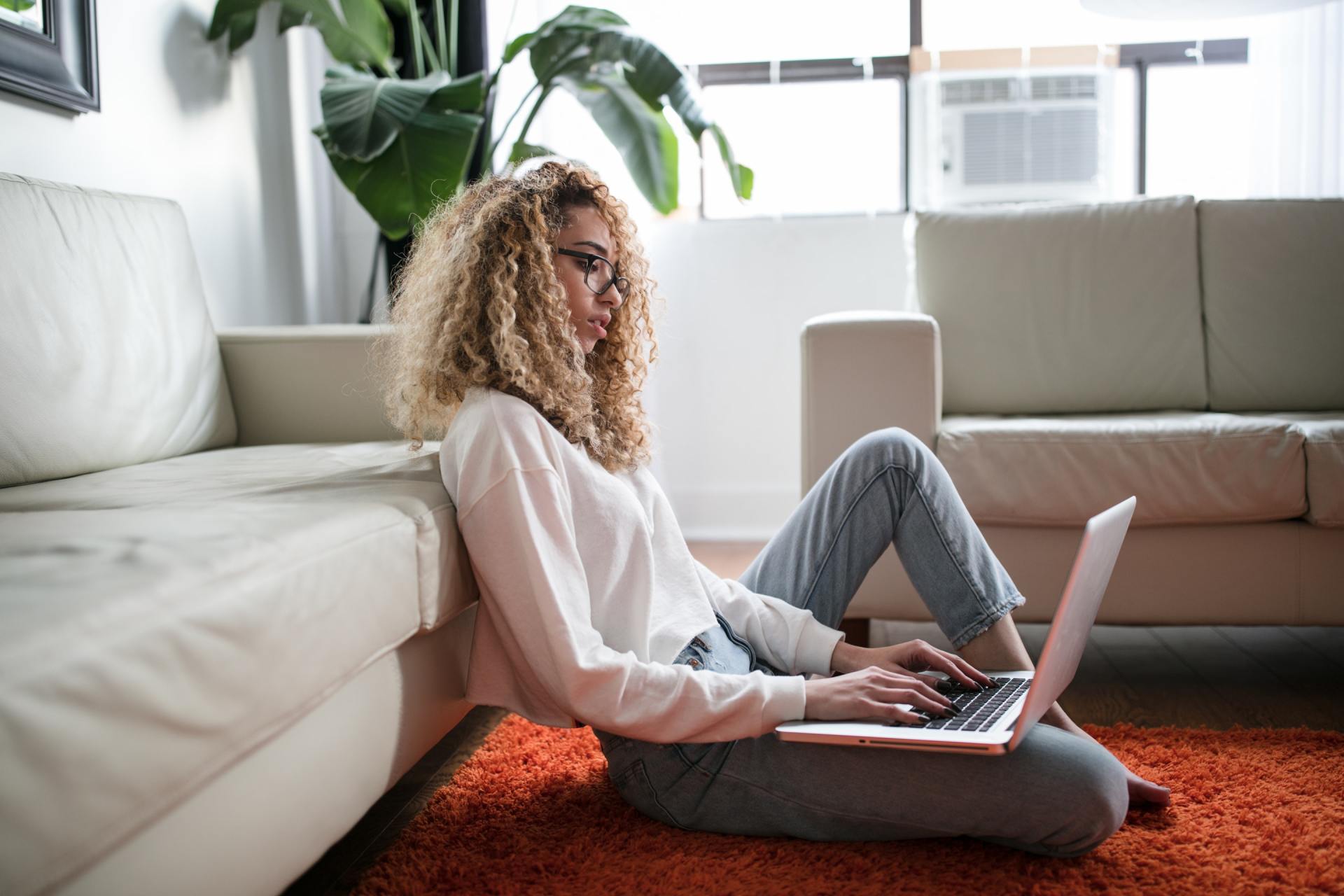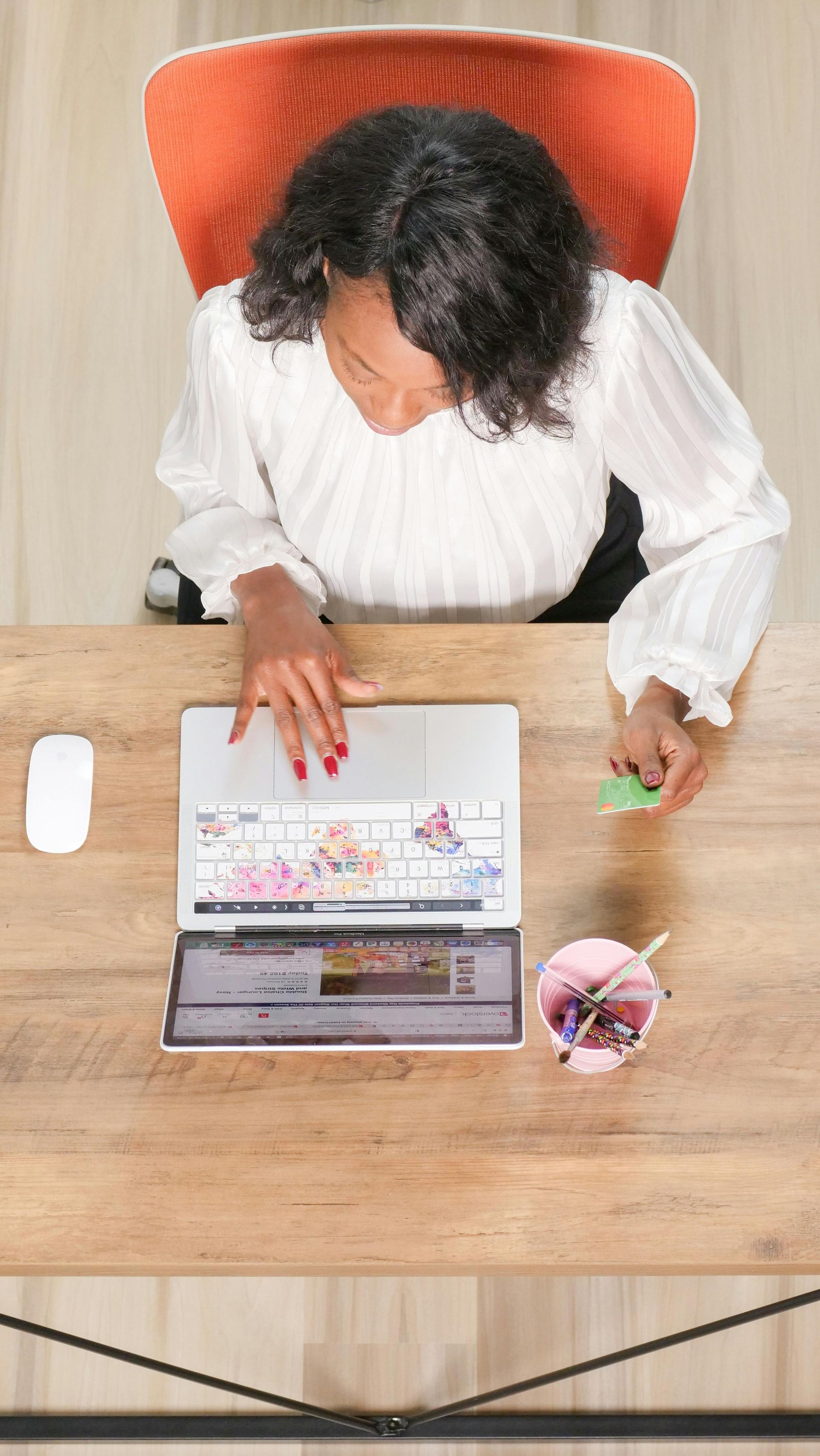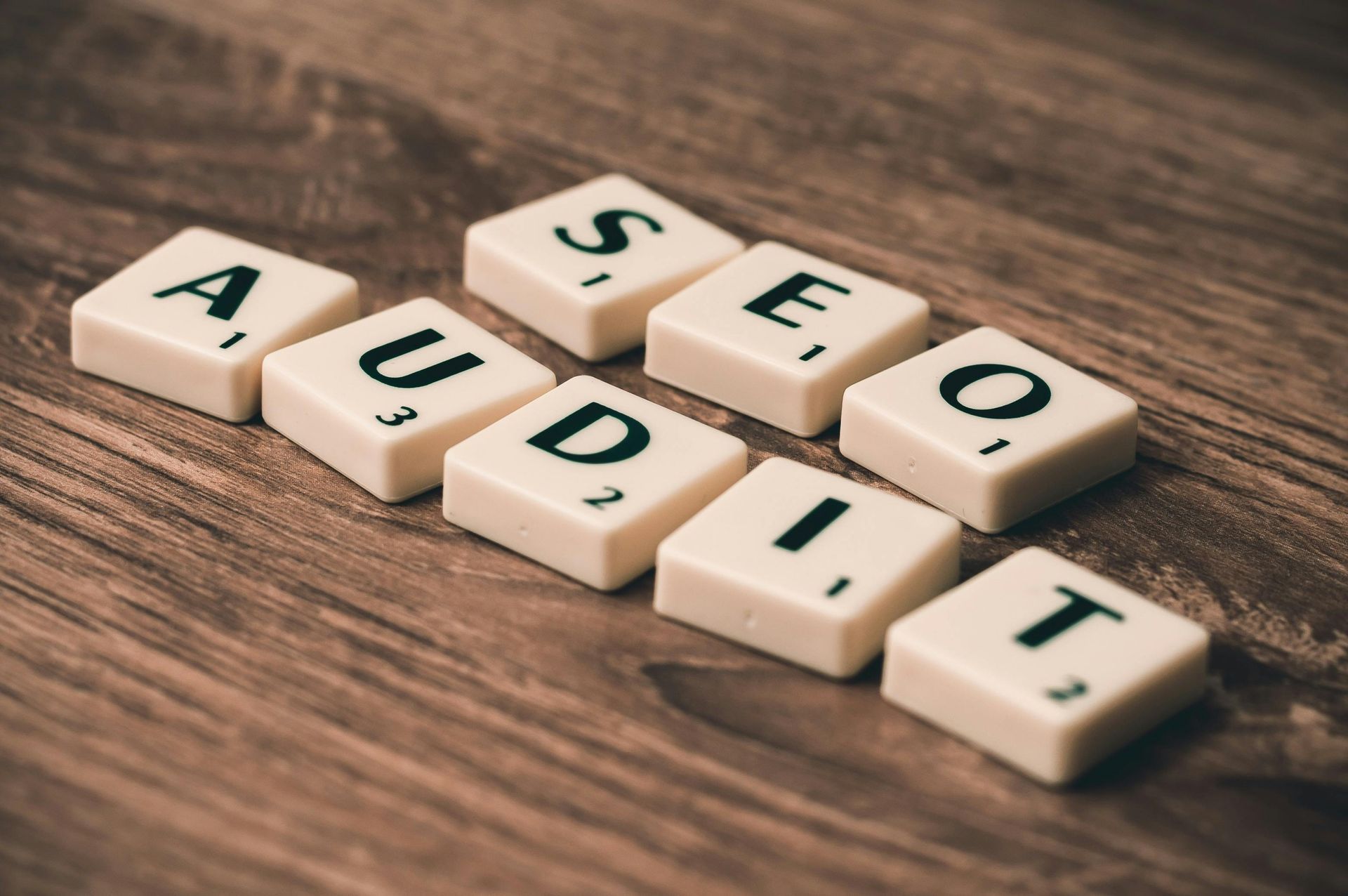Top Tips: Working from Home
With the government encouraging everyone to #stayhome,businesses all over the UK are closing their doors and people have been settingup to work from home for possibly the first time in their careers.
We as a nation have found ourselves in an unprecedentedsituation and it’s almost impossible to ignore the anxiety that comes withuncertainty, so here at Cotswold Web we’ve been thinking about how we can helpin this troublesome time.
We’ve come up with some of our top tips to help you staypositive and productive when working from home!
Create a routine
When you work from home you’re likely to feel more accessible to your colleagues or clients, so it is really important to set yourself up with a work routine similar to your normal day-to-day. This way you find can feel in control during a very chaotic time and set boundaries so you don’t get overwhelmed. Set your alarm in the morning and take breaks as normal – just because you’re working from home doesn’t mean that you can’t mimic your office life.
Plan
Ever feel like you have so much to do but don’t know where to start? At the beginning of your day make a list of all the tasks that you want and need to be done, then mark them from 1-10 depending on priority. Marking tasks by priority means that you’re less likely to focus on the easy things and then get caught out later on! You don’t have to commit to completing all the tasks in priority order though, why not mix it up so that in between the big jobs you sprinkle in some of the easier ones to keep your day running smoothly.
Find your space
If you aren’t used to working from home and you don’t have a designated office then why not try working in different areas of your house? You could work from your kitchen, spare room, garden or sofa! See where in your space works for you and dedicate your working hours from there. We would recommend that you don’t work from your bedroom as studies have shown that sleep quality could be adversely affected, so if you can, keep that as your sacred space!
Keep distractions to a minimum
Working from home can be a nightmare if you’re a self-confessed procrastinator so finding a quiet space in your house is vital.
- Avoid putting daytime TV on in the background otherwise before you know it you’ll have become deeply invested in Loose Women forgetting all of your to do’s for the day.
- If you can’t stand to work in silence then Spotify have some great study playlists which can actually help you to concentrate and improve focus!
Stay hydrated
Our brain works better when we’re hydrated so to avoid continuous trips to the sink why not fill up a big bottle with water to keep by your side.
Let others in your household know when you’re free
In a few weeks those of us living with family, friends or roommates will probably feel on top of each other. That’s why it’s best to set your boundaries early on. Let the people around you know when you’re working and need to be left alone, that way you won’t end up having to have any awkward conversations later down the line.
Socialise with your colleagues
Just because you’re not working in the same building anymore doesn’t mean that you have to be isolated from your team. Use platforms like Skype and Zoom to keep in contact, have meetings or even spend your lunch breaks together.
Don’t be too hard on yourself.
Successful remote employees have a reputation for being extremely disciplined and organised. It takes serious focus to do a full-time office job from an unconventional space and even the seasoned pros can get distracted or have less than productive day. If you find yourself getting distracted by the dust on the bookshelf every now and then don’t get too annoyed with yourself. Think about people who work in offices; the tea run, the office chats, the calls to IT. Cut yourself some slack - instead of getting annoyed with yourself, get productive!
Stay accountable
When you work from home it’s always a good idea to keep track of what you’ve done each day. Not only does it support your day to day routine but it’s a perfect resource to keep for any annual reviews with your employer or clients. If anything, when working from home it’s better to over-communicate; document everything you do and keep those you work with in the loop- it will only benefit you in the long run.
Take breaks
It can be so temping to work through your lunch break or just grab a bite to eat whilst responding to emails but it’s so important for your mental and physical health to take a break every now and then. Schedule your break into your day, go outside and sit in the garden, call a friend or family member, do a quick workout. Your body needs to move and your eyes will need a break from the screen. Plus when you get back to your desk you’ll be ready to get going and smash the rest of your to-do’s!
More Posts.


Cotswold Web Services.







